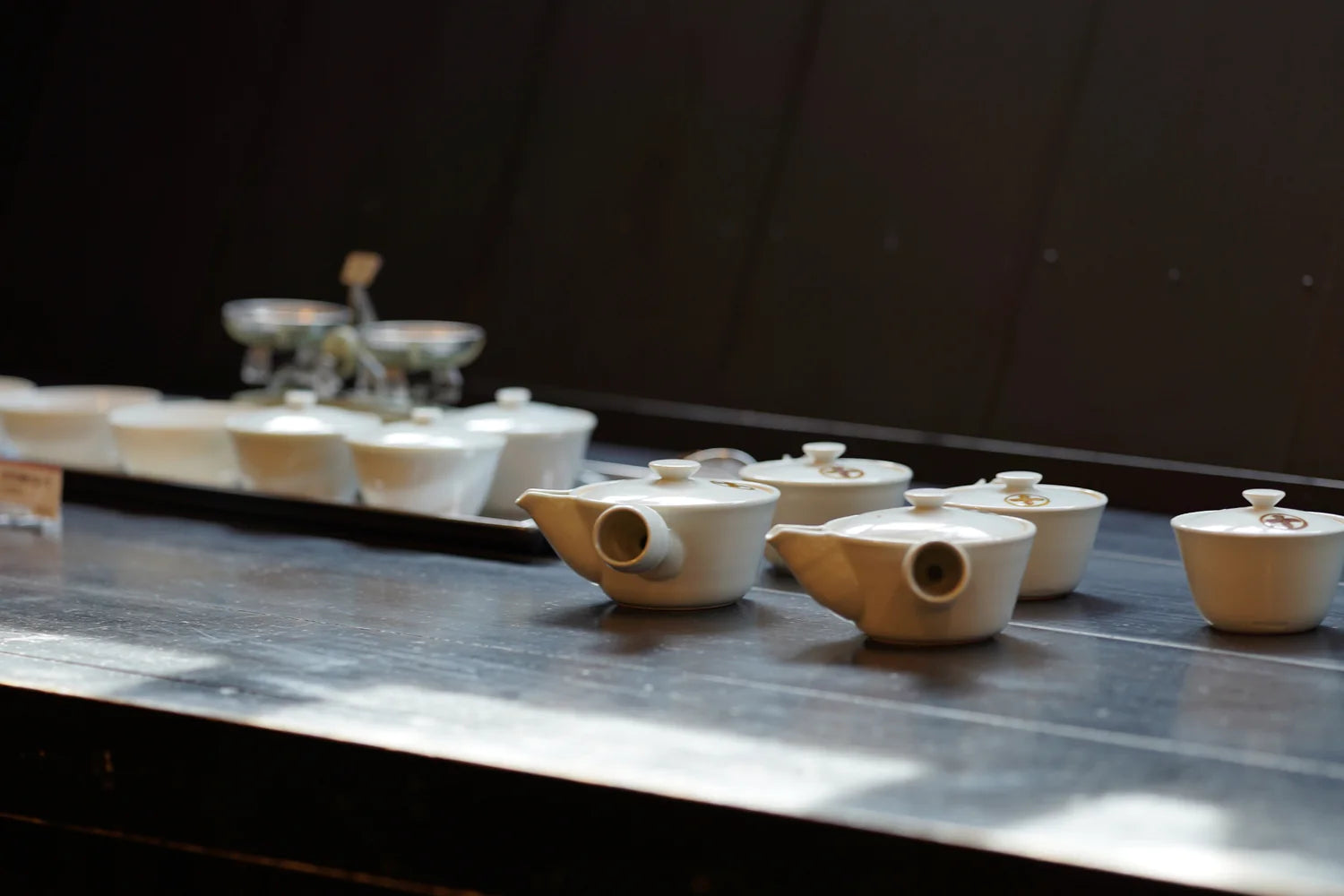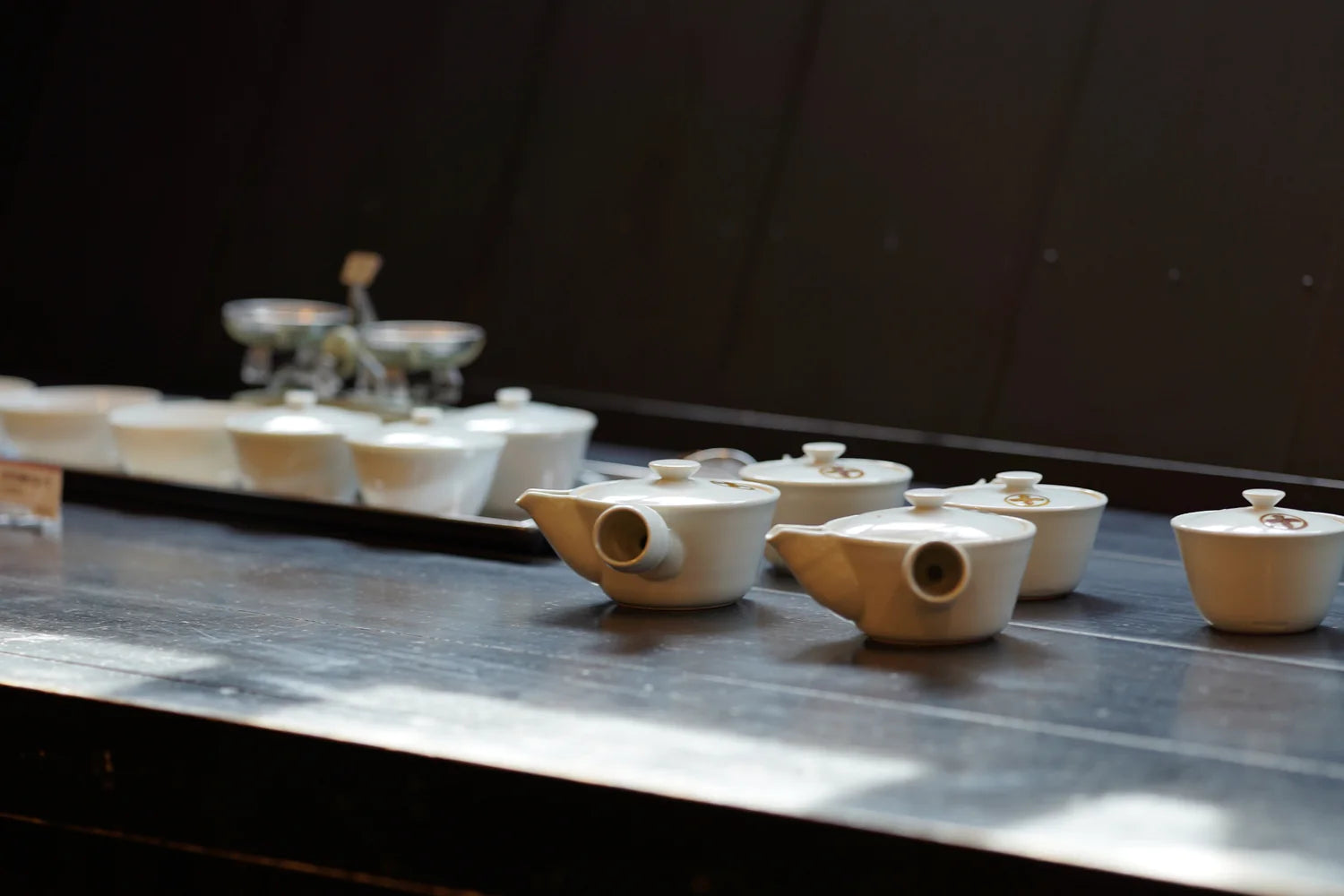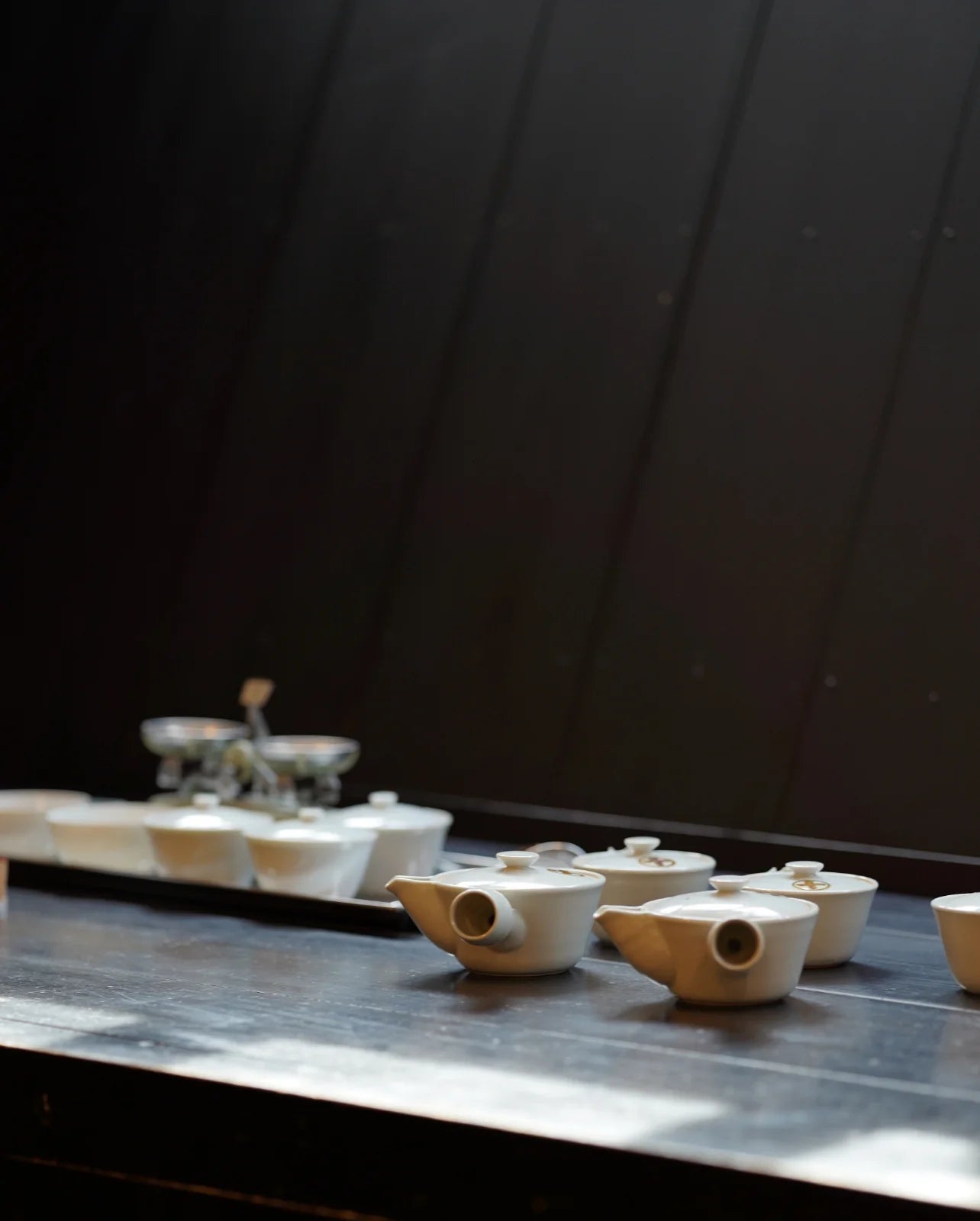At the tea shop of our Main Store, we have a tasting corner for the tasting of our seasonal tea recommendations. We often hear from our customers that the tea we serve tastes different from the tea they brew at home or that it is difficult to make tea with a similar good taste. It is true that the same tea tastes totally different when changing the brewing standards. It seems difficult at a first glance, but everyone can make good tea once he/she understands the “causes” that affect the change of flavours.
First of all, the taste and the aroma of the tea is determined by the amount of tea leaves used, the amount and the temperature of the water and the waiting time. The amount of tea leaves and hot water mostly affects the intensity of the taste, whilst the temperature of the water and the waiting time mainly influences the variety and amount of tastes and components released.

hot water temperature and taste
In addition, the amount and content of the tastes released in the tea such as sweetness, bitterness and astringency differ depending on the temperature of the water. While amino acids, being the main instigator of “sweetness” and “deliciousness (umami)”, are gradually released into the extract at 50 °C or even lower, catechin, the main instigator of “bitter” and “astringent” tastes, does not release under 80 °C. It can be said that the taste of the tea changes depending on the temperature of the water, though it is also affected by the quality and type of tea; when the water temperature is around 60 °C, sweetness and deliciousness (umami) will be encountered mostly. When the temperature is around 80 °C, the sweetness and bitterness will be rather balanced out; and when using boiling water at a temperature around 100 °C, mostly bitterness and astringency will be sensed, regardless the fact that sweetness also has dissolved. Because water at a higher temperature can draw out stronger aromas, use boiling water for hojicha and genmaicha to extract their strong toasted aromas.

“Water” Changes the Taste of Tea


“Water” Changes the Taste of Tea
Except in the case of matcha, water makes up more than 99% of tea brewed with a teapot while components released from tea leaves such as theanine and catechin account for only 0.3-0.5%. Therefore, water quality has a large influence on the taste of tea and bad water can ruin the tea taste even when tea is brewed under perfect conditions. Here we describe water suitable for brewing Japanese tea.
- ・Mild acidic soft water. Optimum pH and hardness are 6-8 and 30-100, respectively. Avoid very soft and hard water.
- ・Both tap water and spring water can be used. However, make sure to boil water for 3-5 minutes without a lid on the kettle.
- ・Water should not contain too much iron, salt, magnesium and calcium.




